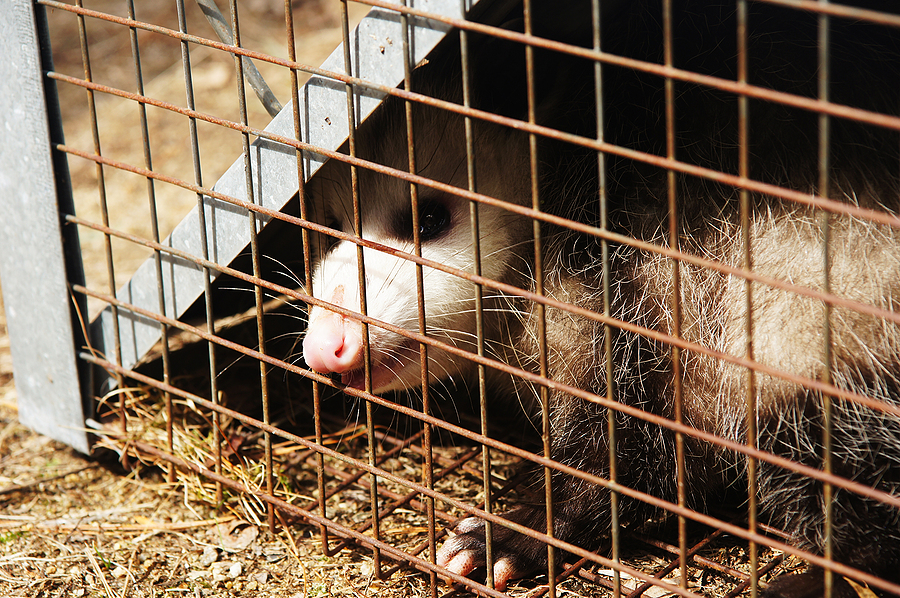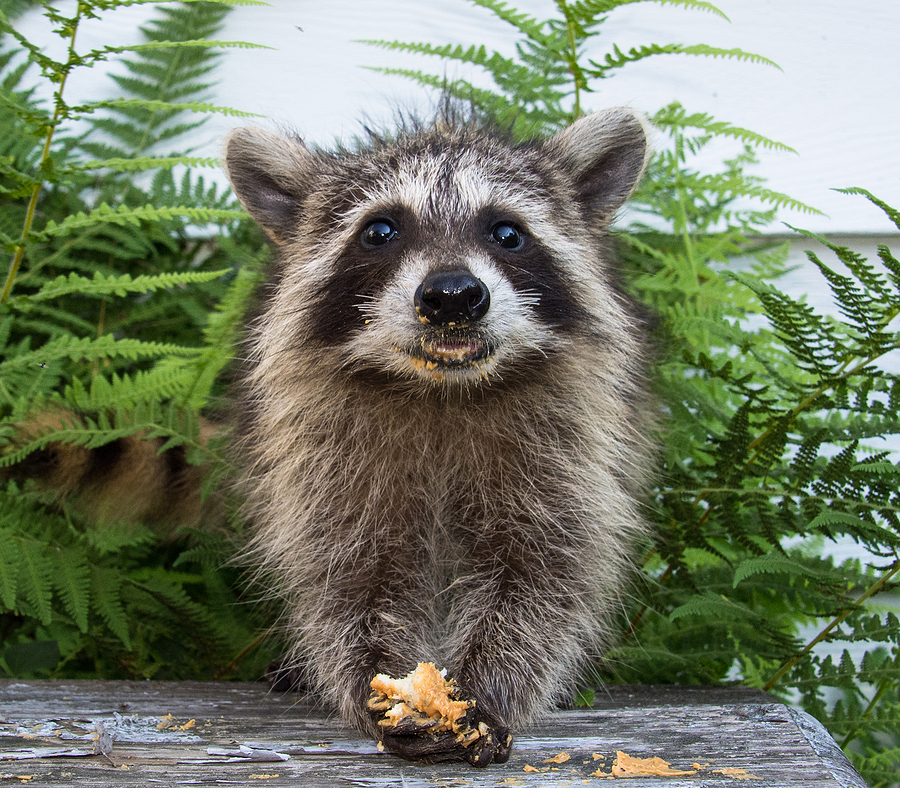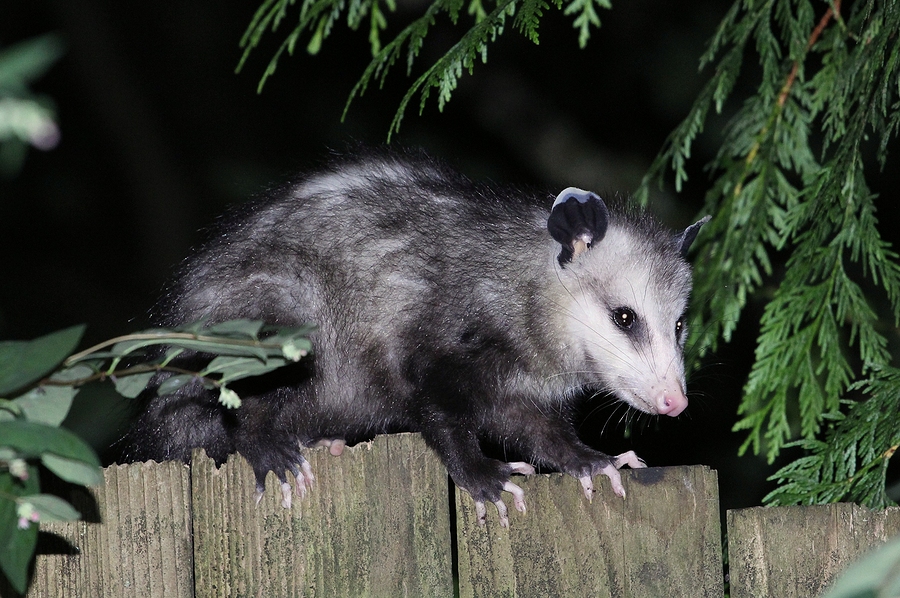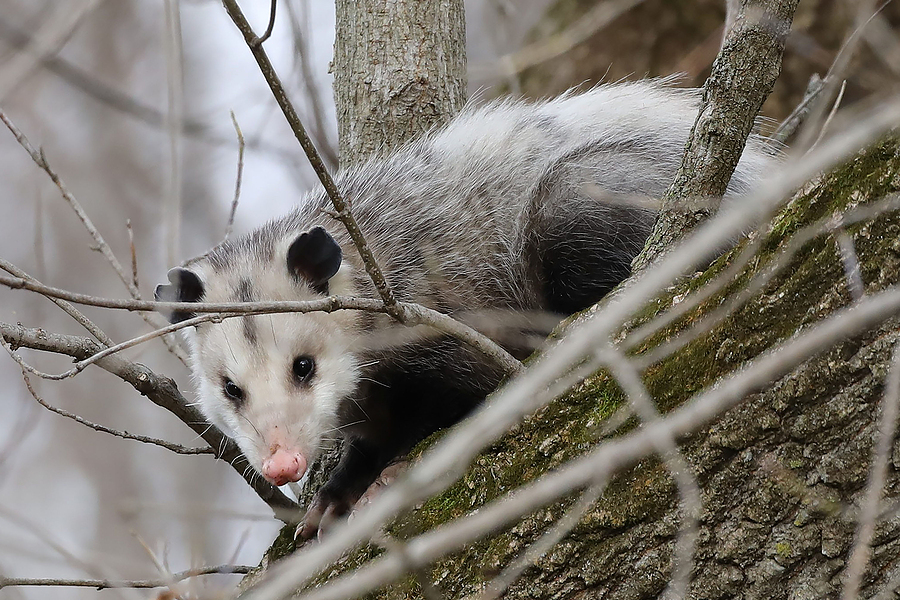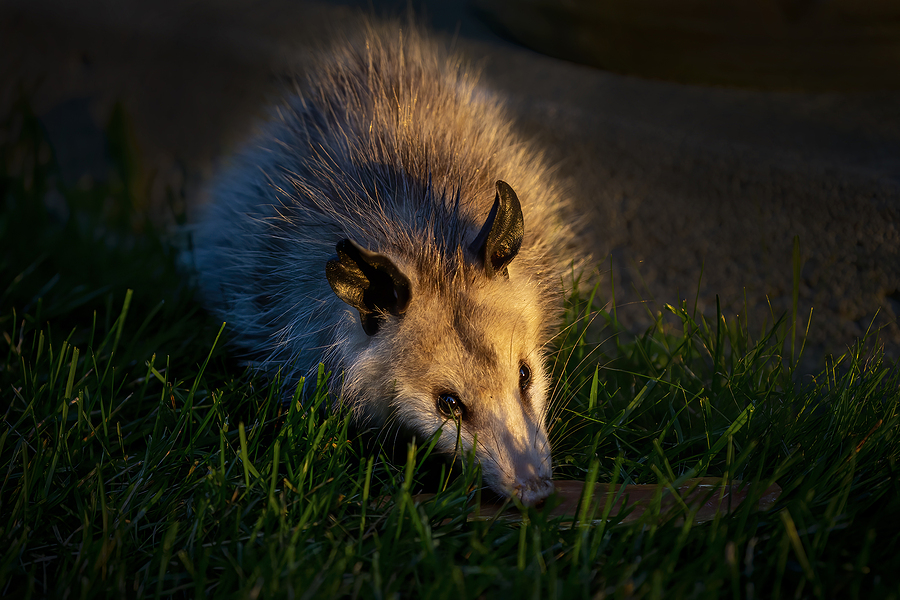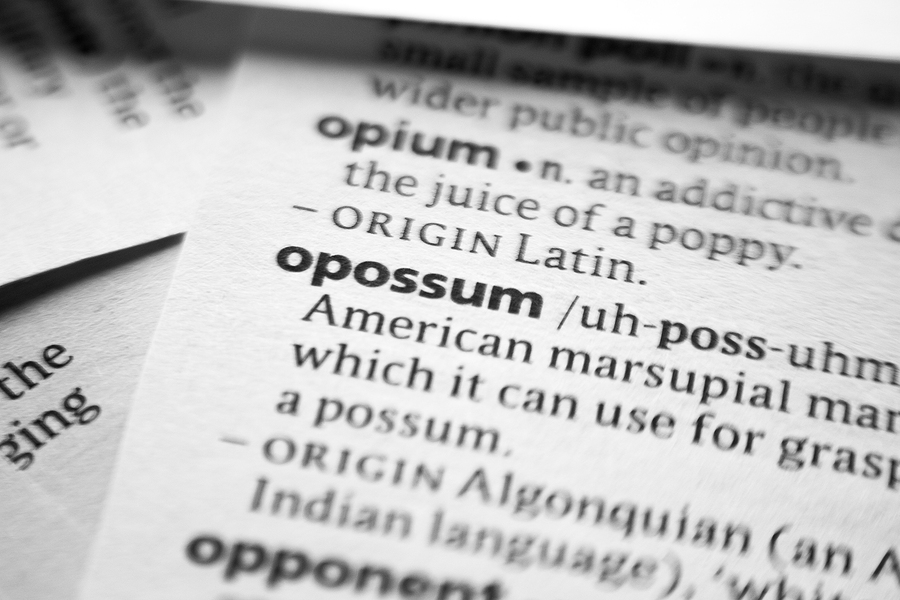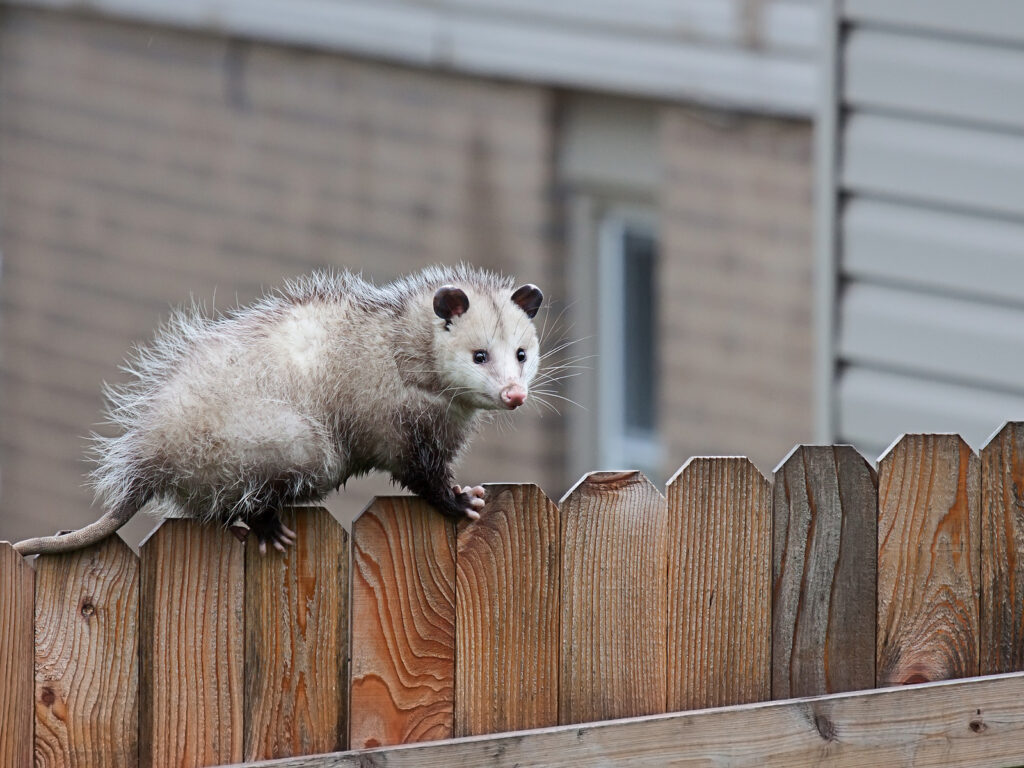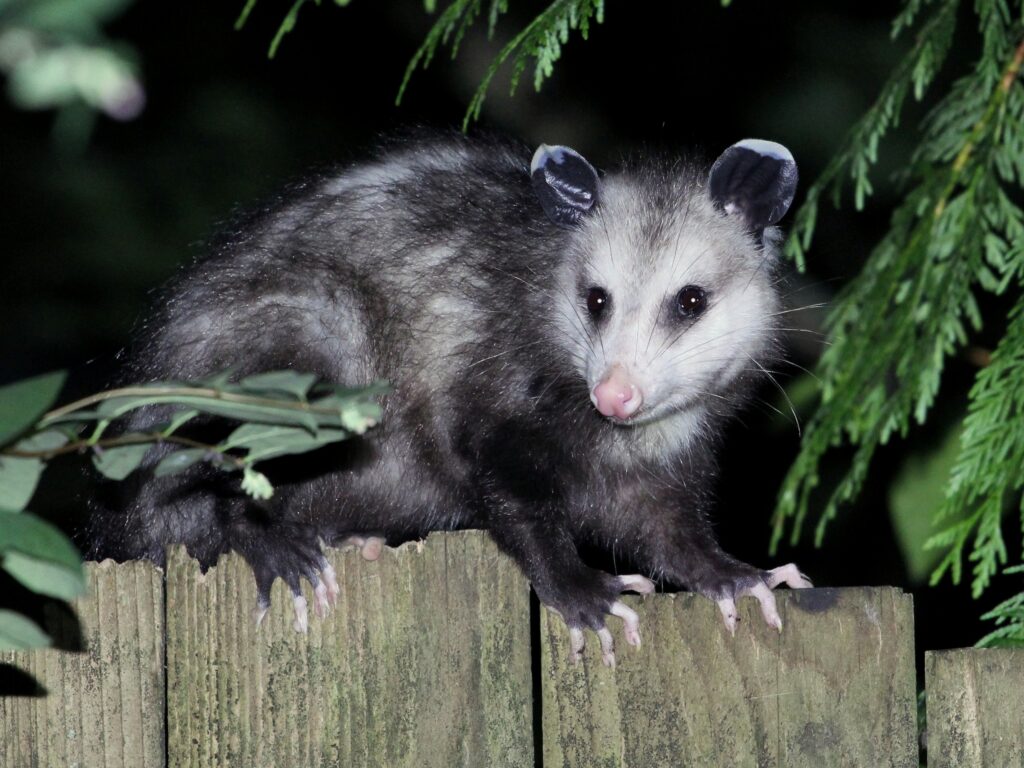Marsupials often bring to mind the unique wildlife of Australia, such as kangaroos and koalas. However, did you know that North America is home to its very own marsupial? Meet the Virginia opossum (Didelphis virginiana), the only marsupial native to the United States, including the Midwest. This fascinating species plays an essential role in local ecosystems, yet it remains surrounded by myths and misconceptions.
This blog will introduce you to the world of marsupials, with a focus on the Virginia opossum. We’ll explore its unique traits, ecological importance, and common misunderstandings while providing insight into how to coexist with these remarkable creatures.

What Are Marsupials?
Marsupials are a category of mammals best known for their unique method of nurturing their young. Instead of a prolonged internal gestation period, marsupial mothers carry their developing offspring in a protective pouch. This defining characteristic distinguishes marsupials from placental mammals.
Marsupials are an evolutionary marvel, boasting features such as adaptive survival traits and distinct ecological roles. Globally, the majority of marsupial species can be found in Australia and South America. However, one species has established its presence in North America, thriving as far north as the Midwest.
Marsupials in North America
When discussing marsupials in this part of the world, we are really talking about one species in particular: the Virginia opossum. Whereas Australia is home to a wide array of marsupials (think kangaroos, wombats, and bandicoots), North America is far less diverse in this category. The Virginia opossum stands alone as a testament to the adaptability and resilience of marsupials in varying climates.
Meet the Virginia Opossum
The Virginia opossum is an often misunderstood animal, but its presence is critical for maintaining ecological balance. Let’s take a closer look at what makes this species special.
▶ Physical Characteristics
The Virginia opossum is about the size of a domestic cat, with white-gray fur, a pointed snout, and a long, hairless, prehensile tail. Unique among North American land mammals, it has 50 teeth, more than any other species. Its feet are equipped with opposable thumbs, enabling it to grip branches while foraging.
▶ Habitat and Diet
Opossums are remarkably adaptable creatures, capable of thriving in forests, urban areas, and even suburban backyards. Their omnivorous diet is equally diverse, ranging from insects and small animals to fruits, seeds, and even carrion. Their appetite includes ticks, which helps reduce the spread of Lyme disease, making them a natural ally to humans.
▶ Behavior and Adaptations
Primarily nocturnal, opossums rely on excellent night vision and a keen sense of smell. One of their most intriguing behaviors is “playing dead,” also called thanatosis. When faced with predators, they fall into an unconscious state, emitting a foul smell to mimic a rotting corpse and discourage further attacks.
Their prehensile tail aids in carrying nesting materials and climbing trees, though contrary to popular belief, opossums do not hang upside-down by their tails. Additionally, their immune systems are exceptionally robust, giving them resistance to venom from snakes and toxins in their diet.
▶ Conservation Status
Virginia opossums are not currently endangered, but habitat loss and vehicle collisions threaten their population. Conservation efforts that focus on preserving natural habitats and educating the public about their ecological importance are vital for ensuring their long-term survival.
Contact Us for Expert Opossum Removal
Debunking Myths About Opossums
Despite their ecological benefits, opossums are often misunderstood. Here are some common myths, debunked with facts:
▶ Myth: Opossums are aggressive and dangerous.
✅ Fact: Opossums are generally docile and avoid confrontations. They may hiss or show their teeth when threatened, but this is purely a defensive behavior.
▶ Myth: Opossums carry rabies.
Fact: Due to their low body temperature, opossums are unlikely to contract rabies, making them one of the least risky animals in terms of rabies transmission.
▶ Myth: Opossums are pests that damage property.
✅ Fact: Opossums prefer to scavenge and rarely cause property damage. They are more interested in controlling other pests like cockroaches and snakes.
▶ Myth: Opossums are dirty.
✅ Fact: Opossums are relatively clean animals that groom themselves frequently. They are also effective in reducing the tick population, indirectly benefiting human health.
▶ Myth: Opossums are blind.
✅ Fact: Opossums have poor daylight vision, but their nighttime vision is highly effective.
Opossum Control Tips
If you’re a homeowner or gardener in the Midwest, you may occasionally encounter an opossum in your yard. Rather than seeing them as a nuisance, consider their ecological role as a pest controller and seed disperser. For those concerned about opossums being too close to home, humane wildlife deterrents like securing trash bins and removing food sources can reduce unwanted visits.
If opossums become a persistent concern, consider contacting a wildlife removal expert to ensure humane handling. Opossums are protected by wildlife conservation laws in many areas, so it’s essential to treat them with care.
Frequently Asked Questions About Opossums
Here are some common questions people have about opossums:
Are opossums dangerous?
Opossums are generally not dangerous animals. They do not attack humans unless provoked or cornered. If you encounter an opossum, it is best to give them space and let them move on. In rare cases, they may carry diseases such as leptospirosis, so it is important to avoid contact with their feces or saliva.
Do opossums play dead?
Yes, the behavior of “playing dead” or feigning death is a defense mechanism used by opossums. When threatened, they may go into a state of shock and become immobile, with their eyes closed and tongue hanging out. This can last from a few minutes to several hours. It is an involuntary response and does not indicate that the opossum is actually dead.
How can I keep opossums away from my property?
Opossums are attracted to areas with a readily available source of food, water, and shelter. To keep them away from your property, it is important to eliminate these attractants. This can include securing trash cans with tight-fitting lids, keeping pet food indoors or in tightly sealed containers, and sealing off any potential entry points into your house or shed. You can also make your yard less appealing by removing overgrown vegetation and debris that can provide hiding spots for opossums.
Preserving the Midwest’s Hidden Gem
The Virginia opossum is much more than a curious creature wandering through your backyard. It plays a vital role in numerous ecosystems while demonstrating resilience and adaptability that we can all admire. By debunking myths and fostering coexistence, we can ensure this species continues to thrive in the Midwest.
Need help addressing an opossum issue on your property? Contact Budget Animal Removal for licensed and insured wildlife removal and control service for opossums in Indianapolis. We serve residential and commercial clients.
Related Post: A Comprehensive Guide to Opossum Removal


